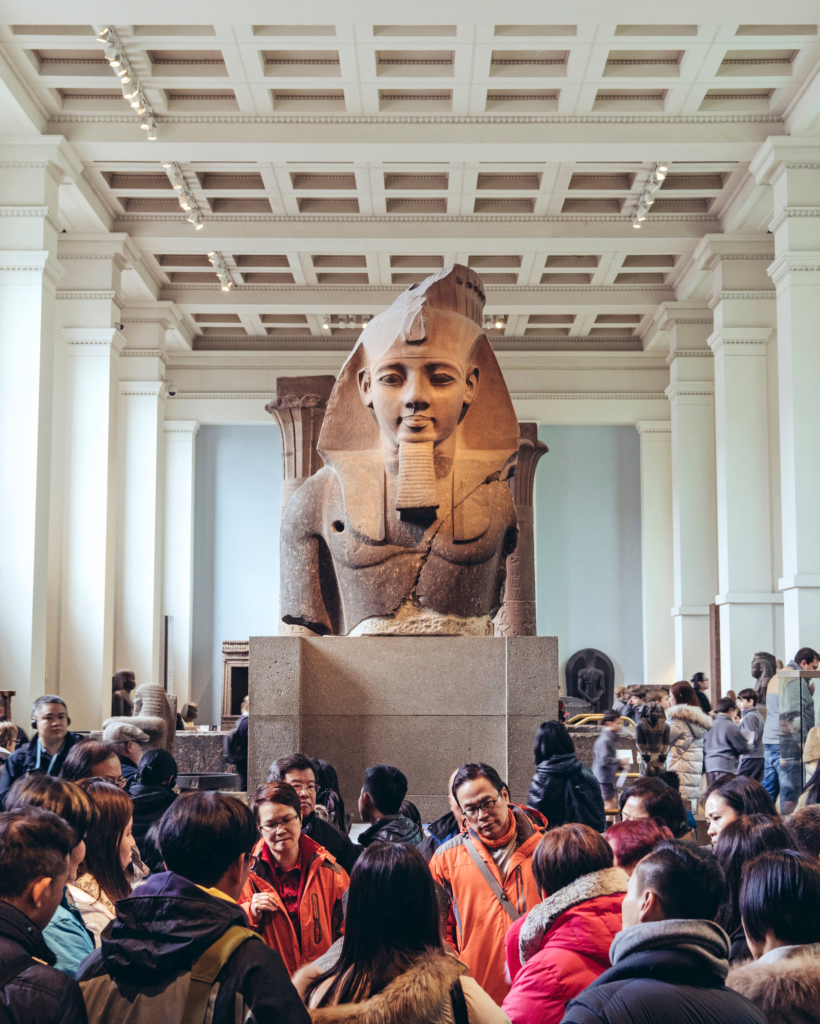The relationship between power and trust is fraught. As we digitise ourselves, the relationship has become more fraught than ever.
History has always been written by the victor, but where the war is one of immediacy, history’s advantage of reflection is constantly under fire from the reality of reaction.
The best-known campaigner in these digital wars is Wikipedia, launched on 15 January 2001 by Jimmy Wales and Larry Sanger. Their subsequent parting of the ways has been well-documented. Like any divorce, there were many reasons.
One was ideological. In 2020, Fox News reported a Sanger blog under the headline “Wikipedia co-founder Larry Sanger says online encyclopedia scrapped neutrality, favors lefty politics”.
Another was the use of anonymity. After Sanger left, he founded Citizendium. One commentator observed:
Though anyone can be a Citizendium “author,” contributors will be required to use their real names, thus eliminating the anonymity that has made it easier for some dubious edits to be made in Wikipedia.
Is this the reason Citizendium flopped?
Of course, knowledge doesn’t have to be democratic or digital to be controversial. What is a museum but a place where objects removed from context are exhibited for musing, often by foreigners? The British Museum, the prototypical palace for each of us to muse on that debate, opened to the public on 15 January 1759.

“Look on my Works, ye Mighty, and despair!
Nothing beside remains.”